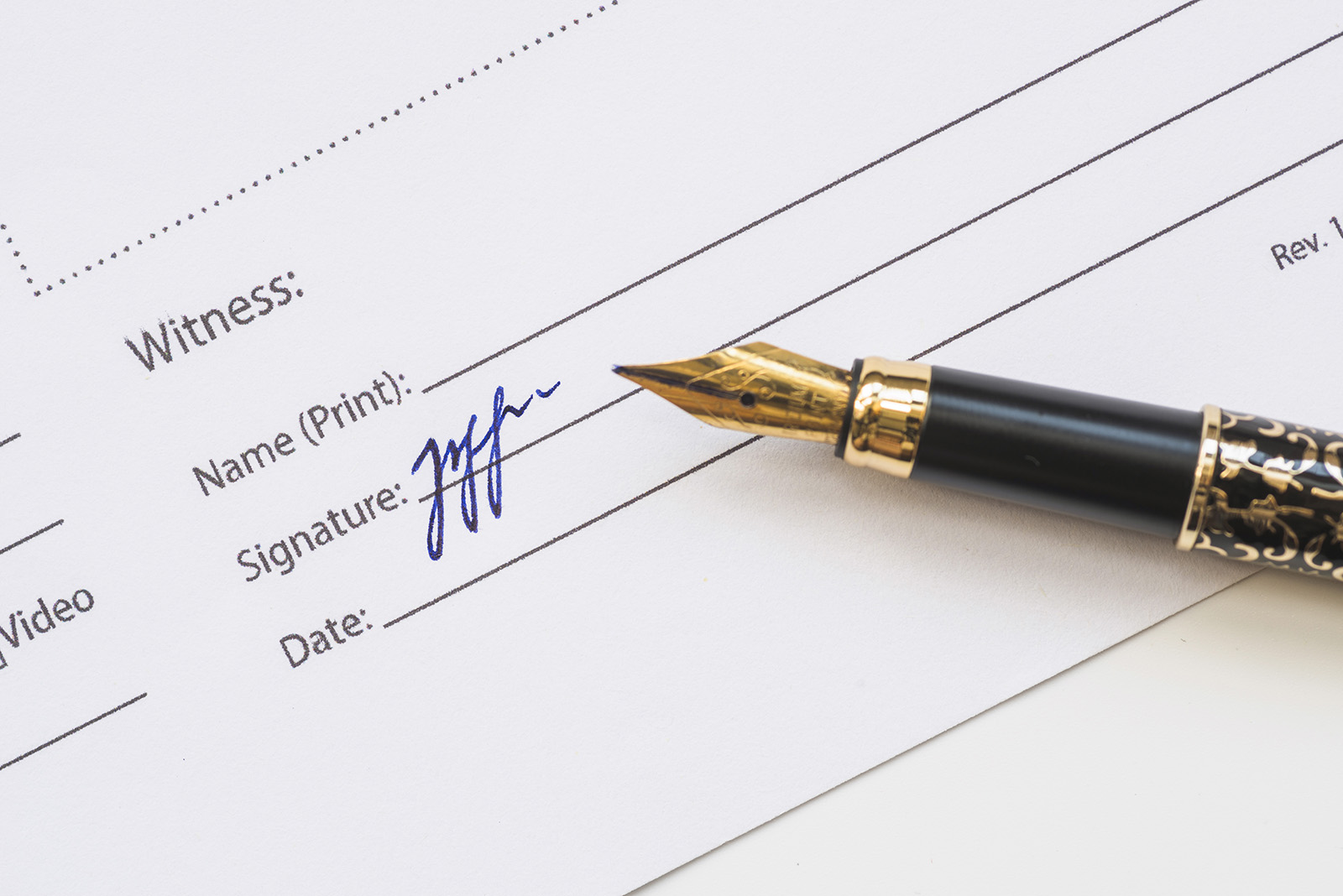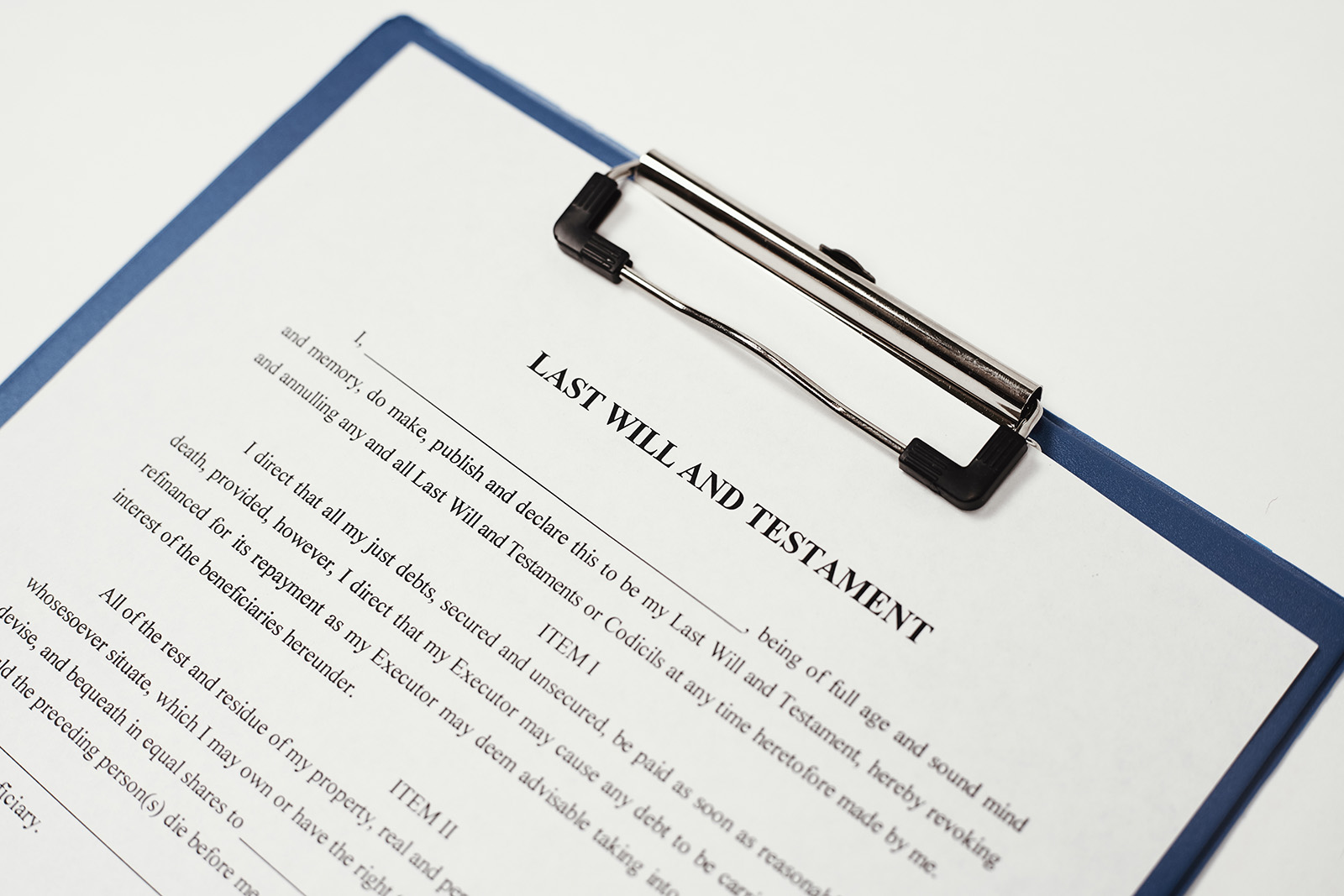What is a Small Estate Affidavit and What Does it Do?
A small estate affidavit allows surviving heirs to transfer property owned by the deceased’s estate without having to go through a long and sometimes very complex probate process. Here we examine the small estate affidavit and what it does, how it’s used, and who can use it.

What is a small estate affidavit?
A small estate affidavit is a legal document that allows for the legal transfer of assets and property to be transferred to a decedent’s legal heirs without having to go through a lengthy and sometimes complex probate process after the decedent’s death.
Who signs a small estate affidavit?
When a small estate affidavit is filed, it must be signed by the executor of the estate or by family members or legal heirs of the deceased.

What is considered a small estate?
The rules for determining whether an estate qualifies as a small estate vary by state. Generally speaking, state law sets a maximum value for qualification. For example, in Texas, if the decedent died without leaving a will, and the value of their property is under $75,000, then it may qualify as a small estate.
What is the difference between probate and small estate?
Probate is the legal way to transfer ownership of assets and property from a deceased’s estate to its rightful heirs. Probate can be a long and challenging process, so most states allow for small estates to be processed in an abbreviated probate process called small estate administration which may be less time-consuming and costly than traditional probate.

Who can use a small estate affidavit form?
If the decedent left a will, then the executor of the estate, also called the administrator of the estate or personal representative, can use the small estate affidavit form, as can a legal heir.
When can I use a small estate affidavit?
The rules for small estates vary by state, but for instance, a small estate affidavit may generally be used if all the following are true:
- the value or size of the estate is at or below the legal cap for that state
- the deceased person does not own real estate, or that real estate is held in joint ownership with a right of survivorship
- the estate is not in probate court and no letters of office have been issued.
- the decedent’s will was filed with the clerk of court within the county where the decedent resided
- the value of the estate is worth more than the debts owed by the estate
- all the decedent’s heirs will sign the small estate affidavit.
In some states, the deceased must have died intestate, or without a will, for a small estate affidavit to be used, while in others the will must be filed before an affidavit can be filed.
Small Estate Affidavits FAQs

What is personal property?
Personal property is non-real estate property that can typically be described as ‘movable.’ This type of property may include motor vehicles, jewelry, furniture, stocks, collectibles, bank account, retirement benefits, and life insurance benefits.
What is estate property?
Everything you own, including bank accounts, investment accounts, insurance accounts, vehicles, homes, boats, antiques, collectibles, as well as your household and other personal property. Some of this property may have to go through probate when you die, while other items may not.
What is community property?
Any type of property that is acquired during the marriage or owned jointly by a married couple is considered community property.
What happens with real property owned jointly after an owner dies?
Generally, the jointly owned property automatically passes to the surviving spouse without having to go through probate court which includes real property, such as a home or vacation cottage, land, and other types of unmovable property.

What is exempt property?
Property that may be considered exempt varies by state law but may include assets such as vehicles, home furnishings, and livestock. Check your state laws for more information.
What is a personal representative?
A personal representative is usually picked by family, heirs, or the court to fulfill the responsibilities and duties of paying the debts of the estate and disbursing estate assets to its rightful heirs.
What does “intestate” mean?
When someone dies without leaving a valid will, they are said to die “Intestate.” When you die intestate, the law determines who gets assets from the estate and in what shares.

What is a decedent?
A decedent is another name for someone who has died.

